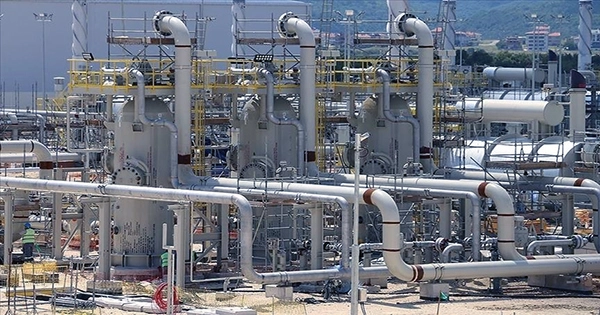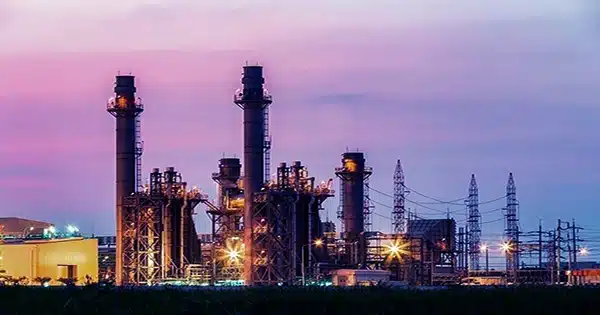Natural gas engines emit unburned methane into the environment in addition to emitting CO2.
Because of this large greenhouse gas leakage, natural gas-powered engines in vehicles, compressors in hot water systems, and other combustors are big polluters.
However, a team of US researchers has discovered a way to remove this excess methane by employing a catalyst comprised of the precious metal palladium.
Their findings were published in Nature Catalysis.

“There is a strong push to use natural gas, but when used in combustion engines, there will always be unburnt natural gas in the exhaust, which must be removed.” If you don’t, you’ll create more severe global warming,” says Stanford University researcher and report co-author Dr Frank Abild-Pedersen.
“It’s fantastic if you can remove 90% of the methane from the exhaust while keeping the reaction stable.”
Individual palladium atoms lie on a cerium oxide substrate to form the catalyst.
The researchers discovered that these atoms could remove methane at both low temperatures during engine startup and greater temperatures after the engine was running.
It did it in various ways. At low temperatures, the catalyst exploited minuscule amounts of carbon monoxide found in engines to bind palladium atoms together in microscopic clusters capable of breaking methane molecules apart.
As temperatures rose, the clusters of palladium atoms split and continued to capture methane on their own.
“It’s almost a self-modulating process that miraculously overcomes the challenges that people have been fighting – low-temperature inactivity and high-temperature instability,” explains Washington State University researcher Professor Yong Wang.













